Student Success in STEM
Diverse: Issues in Higher Education
FEBRUARY 5, 2025
In 2018, according to the Pew Research Center, Black students earned just 7% of STEM bachelors degrees, compared to their 10% share of all bachelors degrees and 12% representation in the adult population. These initiatives not only enhance learning but also connect students with mentors and peers who share similar interests.

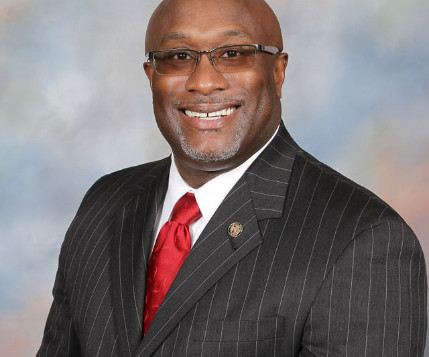
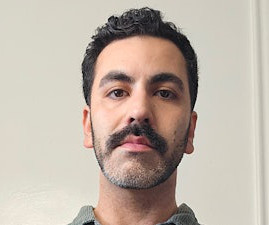
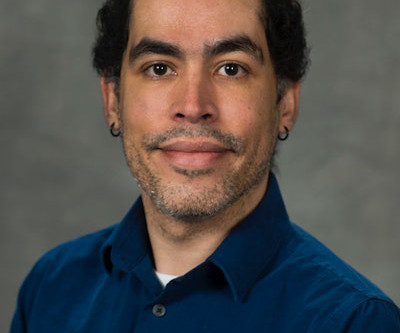
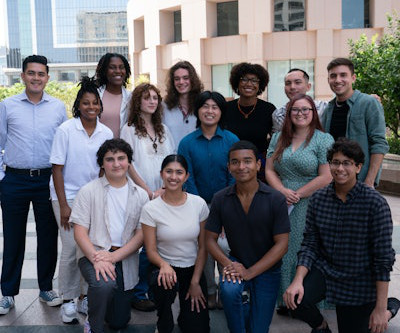
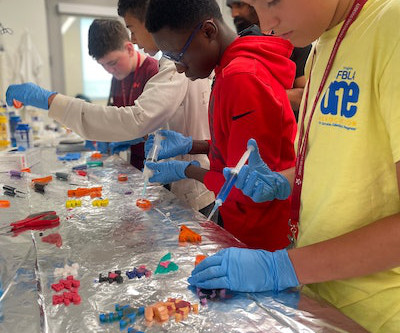
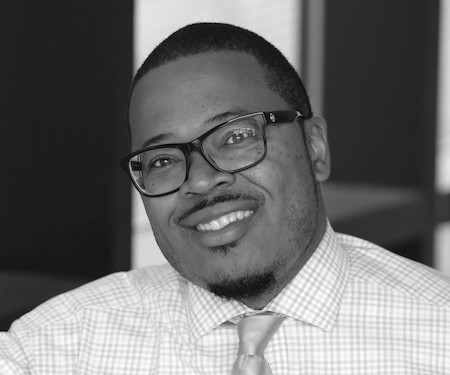






Let's personalize your content